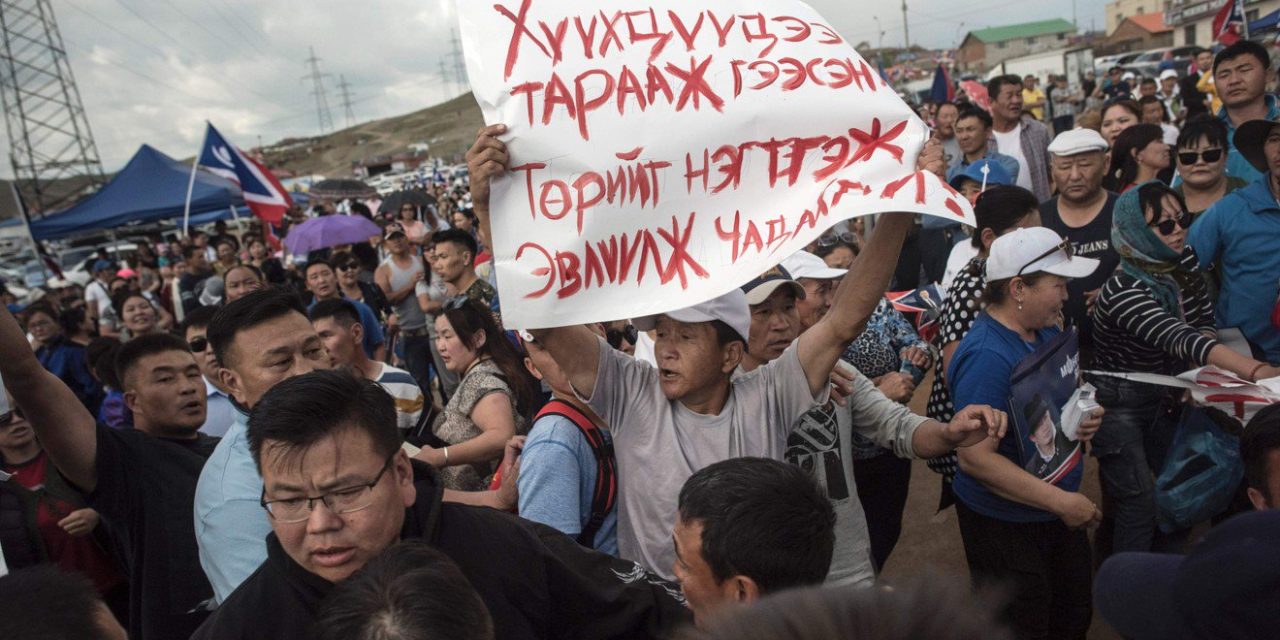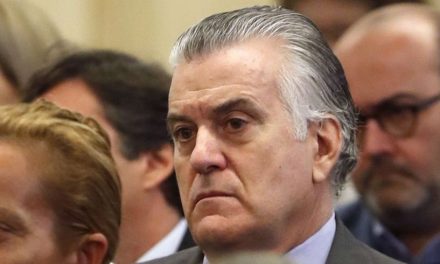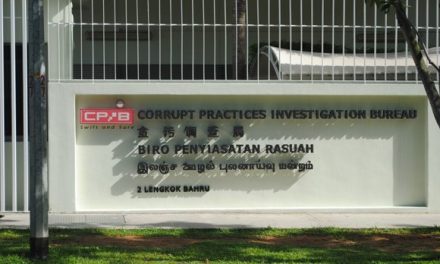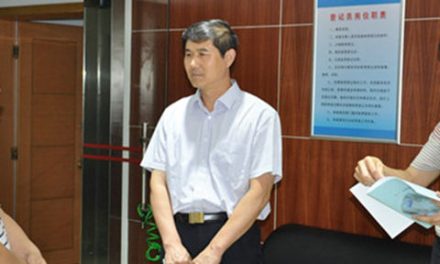11 September 2019
Mongolian Prime Minister Ukhnaagiin Khurelsukh last week survived a vote of no confidence. Friday’s vote of no confidence was initiated by the Prime Minister’s own party, the Mongolian People’s Party (MPP).
This no confidence vote comes on the heels of a scandal involving 14 parliamentarians, two cabinet members, and other high-ranking officials who channelled more than US$1 million in government funds to their family and friends. The money came from funds allocated for the development of medium and small enterprises to move away from the dependence on mineral resource exports.
Mongolian Prime Minister Ukhnaagiin Khurelsukh last week survived a vote of no confidence. Friday’s vote of no confidence was initiated by the Prime Minister’s own party, the Mongolian People’s Party (MPP).
This no confidence vote comes on the heels of a scandal involving 14 parliamentarians, two cabinet members, and other high-ranking officials who channelled more than US$1 million in government funds to their family and friends. The money came from funds allocated for the development of medium and small enterprises to move away from the dependence on mineral resource exports.
Mongolians organised street protests (in picture) over the government embezzlement. Khurelsukh said that the vote was a ploy by MPP and the DP. Now Khurelsukh will have to cope with public infighting within his party as well as the opposition Democratic Party (DP). He alleged that this group, led by current Speaker and former prime minister Miyegombyn Enkhbold, was attempting to topple the government because it was interfering with their business interests.
An elite group of 30 families controls both parties. Interests of these 30 families take precedence over the country’s needs.
An elite group of 30 families controls both parties. Interests of these 30 families take precedence over the country’s needs.
The Mongolian National Chamber of Commerce and Industry is demanding a constitutional amendment to increase public oversight of government finances.
To date, the head of the fund, the state auditor, and the minister overseeing the fund have been dismissed. Others are under investigation. In his comments on Friday, Khurelsukh vowed to audit Mongolia’s 20 other state funds in an effort to root out corruption.
Analysts expect in the 2020 parliamentary elections new but perhaps less experienced, members will be elected for their outsider status.
Mongolia is no stranger to political turmoil. It has seen 13 Prime Ministers in 26 years.
Over the past decade, Mongolia has steadily increased exports of mostly copper and coal to China, hitting a high of US$759.8 million in May this year. As a landlocked country with poor infrastructure, it is hoping to benefit from China’s Belt and Road infrastructure initiative. The country is also currently working to build a Russia-Mongolia-China economic corridor by modernising railroads and highways connecting the three countries. This initiative holds great hope for the country.















